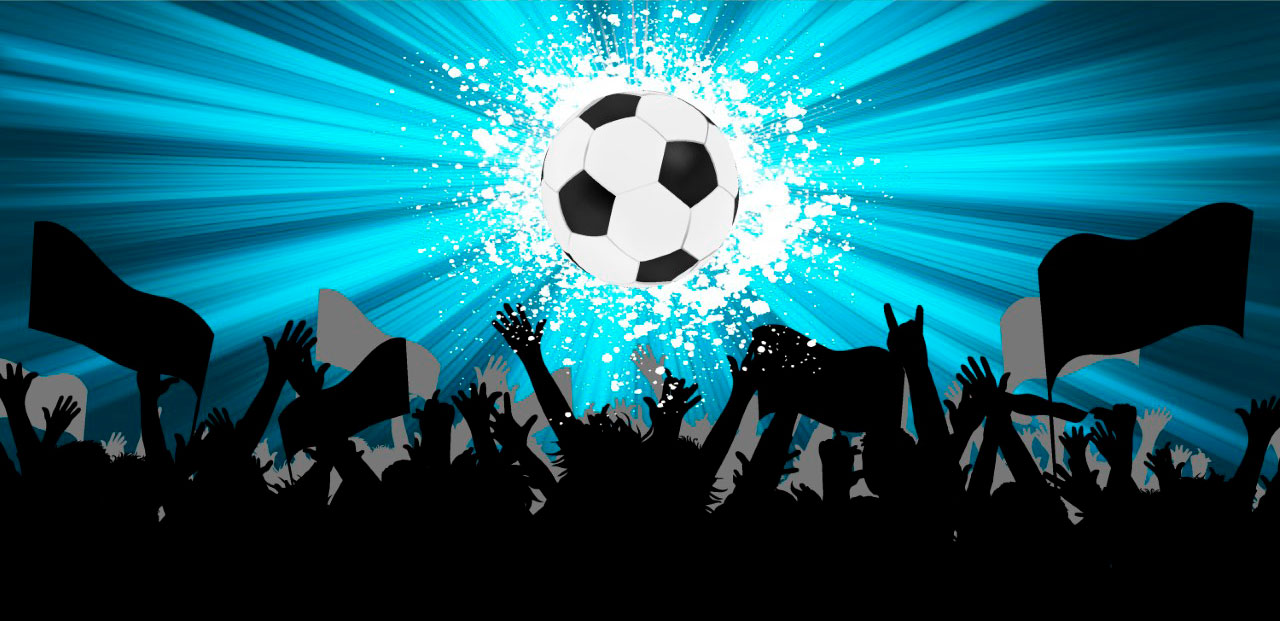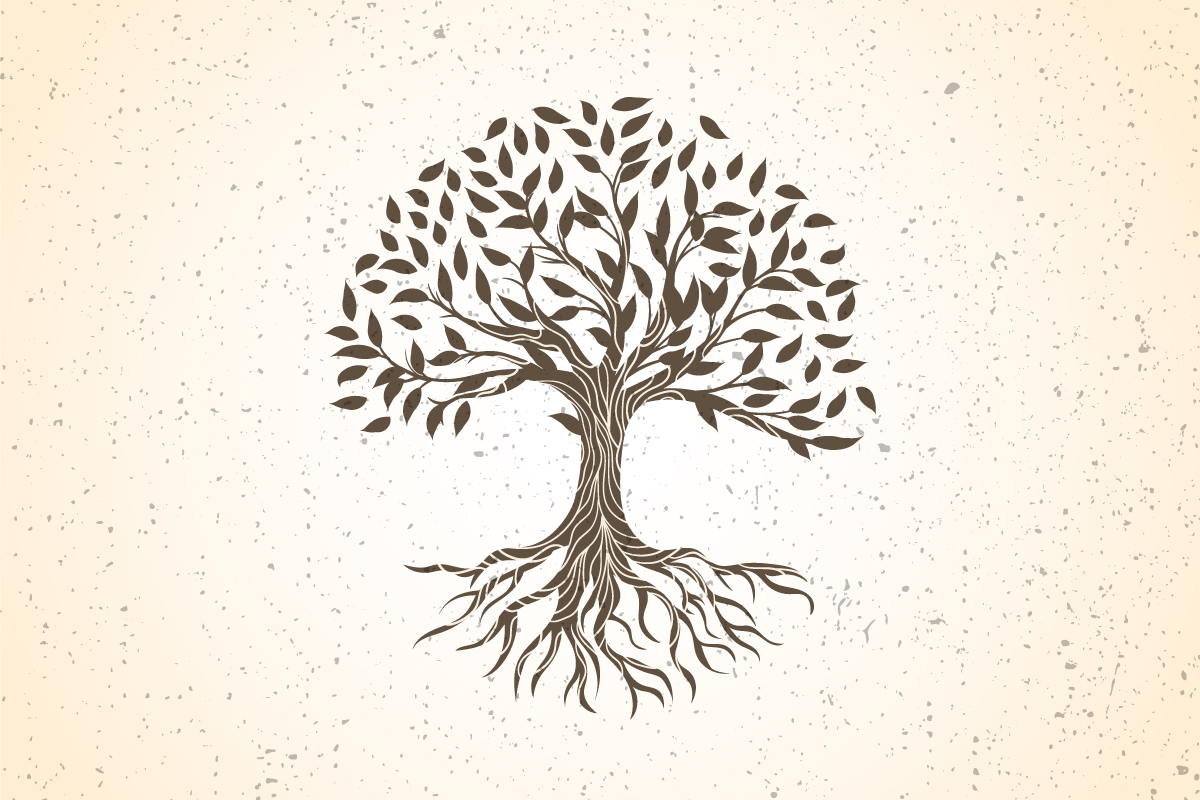Just over a month ago, the Real Madrid Club de Fútbol (RMCF) lifted the fourteenth European Cup. A title preceded by one of the most exciting and unpredictable feats in the history of the competition.
If, like me, you’re a Real Madrid fan and you’ve seen the matches that led to winning the cup in the round of 16, quarters and semi-finals, you probably think that what has happened is only within the reach of one team, the greatest, our dear Real Madrid. Although I would like to agree with you, in my opinion, the main reasons why Real Madrid has emerged victorious in those games could be within the reach of many, and even everyone. It is only necessary to enhance the mentality by doing three things: to work, to imagine and to believe. In this blog, we’ll look at how mindset can influence your chances of success and how we can use our brains, minds, memories, and experiences to achieve it. We will use the case of Madrid’s fourteenth European Cup as an example to understand the possible applications to work teams. Let’s see!
These three qualifying rounds with their comebacks have been talked about, written about and recounted in images from all points of view. As a madridista I have eagerly consumed everything, reliving those wonderful moments and enjoying one of the greatest joys I have had as a fan of this wonderful sport. As an enthusiast of learning, neuroscience and human behavior, I have tried to rescue from this great achievement some concepts that, I believe, could be applied to any work team of any institution, and that derive from trying to answer a question: What has been the determining factor in these victories?
No analyst has managed to find a soccer skill-based explanation or even provide arguments from logic to answer that question. The answers have varied between caste, the weight of history, experience, the shield, luck, the drive of the fans or the famous DNA of Real Madrid. I think that all these factors have undoubtedly contributed to a greater or lesser extent, but, above all, I believe that the differential factor has been to have what I call a collective growth mindset.
A collective growth mindset driven by that union of mind, brain, memory and experience of a group that could only imagine one probable future – triumph. A group whose inner voice pointed to a single and irreplaceable image, that of Captain Marcelo raising the cup in Paris. That unshakeable faith in their possibilities, individually and as a group, although, for most of the time during the games, they were the only ones who believed it. So, how we can we use this example to apply and transfer these learnings to companies and increase the chances of success for their teams?
Let’s start with the first factor – the fusion of mind and brain. Thanks to neuroscience, we are learning more and more about the functioning of the brain and discovering new parts of it to which results, and behaviors directly linked to its activation are attributed. This is the case with the Reticular Activating Ascending System – RAAS. This system, located in the brain stem, is responsible, among other things, for selecting all the thoughts that pass through our mind and keeping the really important ones. In other words, RAAS listens and processes our inner voice to show us what we really want. That is the first step to reach our goal – verbalize what we want and see ourselves in it. In the words of Dr. Marian Rojas, a psychiatrist specialized in neuroscience, RAAS brings us closer to our dreams; so that what one truly desires, the mind ends up showing us.

For Real Madrid, the desire and what was on everyone’s mind, players and fans, was to win every game. That was the way to reach final success, focus only on the present moment, be totally convinced of your possibilities and to imagine the path that would lead you to victory. Have you heard how players who get that goal at the last minute refer to it as having seen it before in their mind? The fans and their faith in the team would serve as an amplifier of that desire and that faith, multiplying it exponentially. Those are the essential ingredients, knowing what you want, what your purpose is, imagining it and convincing yourself that, with the required effort and preparation, it is achievable.
In the business context of work teams, this would be equivalent to having a viable collective goal in the short term, consistent with the individual goals of the team members, and everyone working towards that goal. The group must imagine the objective, want it and visualize that together it is achievable, convinced that it is absolutely possible. It is coherence between setting a goal, working towards it, not letting your mind be confused by occasional relapses and believing all the time that achieving the goal is possible. The mind must follow what is said and done. It is not enough just to act on it, you also need to be convinced that the goal is possible. On the other hand, the leader would amplify that desire, providing unshakable faith in the team, as would a fan who supports unconditionally and above all, believes.
As a second factor, there is memory and its impact on projecting probable futures. For the benefit of Real Madrid and the Madridistas, retroactive memory, that which comes from the past, was on our side. Regarding the European Cup, our memory is full of triumphant images. Being the team that has won this competition the most by far, makes it the one with the most positive memories and experiences stored in relation to it. In other words, our memory became our great asset to give us that plus that often makes the difference between winning and losing. In this context and because of our experiences, prospective memory, the one that recreates future scenarios, could only imagine and therefore evoke one thing: winning. This memory not only makes us project probable futures, but also plan and execute the actions that bring us closer to that future we imagine. In this way, it helps us to choose, of all possible paths, the one that brings us closer to our goal. A football game equates to life in 90 minutes and in football, as in life, we are always choosing between many paths.
In the case of Real Madrid, where else could that enormous collective memory full of triumphant memories and images lead us if not to success? In the business context on the other hand, to promote a growth mentality and not remain in protection mode, we must take risks, and prepare to face them, having the firm belief that we can be successful. The trick is to help us with the resource of our memory and successful experiences to project what we want the future to be. We can start by conjuring up and visualizing success scenarios for our teams. Individually, combat any hint of learned helplessness and make our prospective memory a instrument to find the likely path to achieving results, turning to positive moments and scenarios in our past and working on the conviction that we can replicate those successes in the future. Create a collective memory that projects successes and the ways to achieve it. Work, prepare and, above all, believe in and nurture a mentality of collective growth.
So, is the mentality responsible for achieving results that seemed impossible? Is it possible that experience, memories, and the brain make success possible? Does having positive experiences associated with an event make the possible futures we imagine more likely? Is it possible that this is more influential in the results than competence itself? In my opinion, the answer to all these questions is “yes”. It is said that a growth mindset is possessed, but it is also empowered. Believing that we can create new skills and improve is equivalent to thinking that our mentality can be enhanced and can grow. Neuroscience tells us that collective intelligence is greater than the sum of the individual intelligences of a team. Consequently, the collective growth mindset is too. There for me, lies the difference. That is the differentiating factor. If we are clear about our objectives, we prepare ourselves, we try hard, work according to them as a team, have a leader who amplifies our desire, we are all convinced and believe in our possibilities; then we will be increasing our chances of success. This is how you can beat the odds, defy logic, and even crush the data.
Big Data gave Real Madrid a 1% chance of reaching the final, in those last minutes of the second game against City, and yet, against all that logic, rose the collective memory, the imagined future and the inner voice of a team and fans united in the same purpose and desired: to win. Miracles can be caused!
#mentality #growth #realmadrid #collectivememory #success #team #probablefutures #neuroscience #neuroleadership




